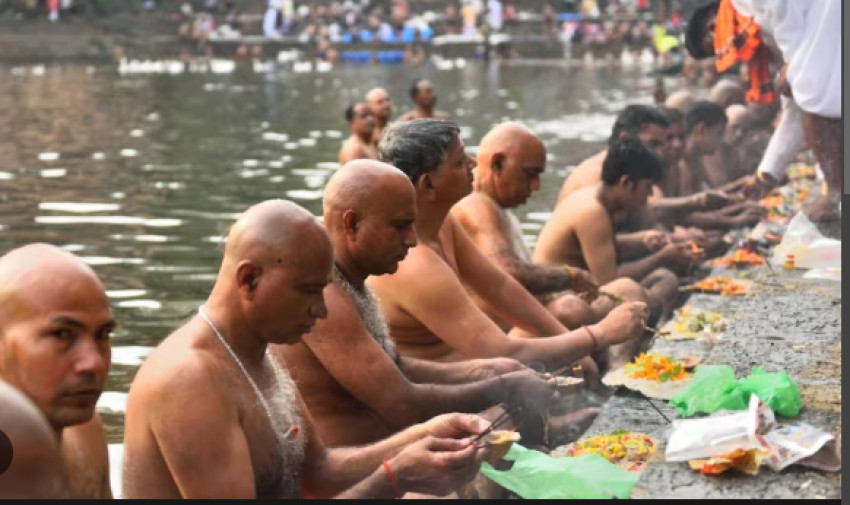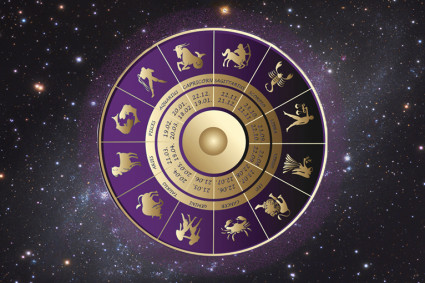
Introduction
In the rich tapestry of Indian culture and spirituality, Pitru Paksha stands as a solemn and significant observance. Also known as Mahalaya Paksha, this period of sixteen lunar days holds a special place in the hearts of millions, as it is a time to honor and pay homage to one's ancestors. Pitru Paksha is steeped in history, tradition, and deep spiritual significance, making it an essential part of the Indian religious calendar. In this comprehensive exploration, we will delve into the history, rituals, and profound significance of Pitru Paksha.
Historical Origins of Pitru Paksha
To understand Pitru Paksha, we must journey back in time to ancient India, where the roots of this observance lie deeply embedded in religious and cultural practices.
1. Vedic Beginnings: The origins of Pitru Paksha can be traced to Vedic texts, particularly the "Atharva Veda" and the "Yajur Veda." These ancient scriptures contain references to ancestor worship and rituals performed for the well-being of departed souls.
2. Vedic Rituals: In Vedic times, the ritual known as "Shraddha" was performed to honor deceased ancestors. It was believed that by offering food and prayers to the ancestors, their souls would find peace and blessings in the afterlife.
3. Mahabharata Connection: The Mahabharata, one of the most revered epic tales in Hindu mythology, contains references to the importance of Pitru Paksha. According to the Mahabharata, it was Lord Krishna who advised Yudhishthira to perform the rituals of Pitru Paksha.
4. Bhagavad Gita: In the Bhagavad Gita, Lord Krishna mentions the significance of ancestor worship and performing rituals to benefit the departed souls. This spiritual guidance reinforces the importance of Pitru Paksha in Hindu belief.
Rituals and Observances of Pitru Paksha
Pitru Paksha is a time of deep reflection, reverence, and ritualistic observance. The rituals performed during this period are believed to have a direct impact on the well-being of departed ancestors and their journey in the afterlife. Let's explore some of the key rituals and observances associated with Pitru Paksha:
1. Tarpana: Tarpana is a crucial ritual where offerings of water, black sesame seeds, barley, and rice are made to the ancestors. The act of offering water is symbolic of providing relief to the parched souls of the deceased.
2. Shraddha: The Shraddha ritual involves preparing and serving meals to Brahmins and priests, who are considered the living representatives of the ancestors. It is believed that by feeding the Brahmins, one provides nourishment to the souls of their ancestors.
3. Pinda Daan: Pinda Daan is the act of offering rice balls to the deceased ancestors. These rice balls symbolize the body, and the ritual signifies providing salvation and liberation to the departed souls.
4. Reading Scriptures: Many families engage in the reading of sacred texts and scriptures during Pitru Paksha. It is believed that reciting texts like the Bhagavad Gita or performing Vedic chants can help the souls of the deceased find peace.
5. Avoiding Auspicious Activities: It is customary to avoid initiating new projects, buying new property, or conducting weddings and celebrations during Pitru Paksha. The focus is on introspection and honoring one's ancestors.
6. Charity and Donations: Making charitable donations, offering food to the needy, and performing acts of kindness are encouraged during this period. These actions are considered virtuous and are believed to benefit the souls of the deceased.
Significance of Pitru Paksha
Pitru Paksha holds profound significance in Hindu culture and spirituality, touching upon various aspects of life and the afterlife:
1. Honoring Ancestors: The primary significance of Pitru Paksha is the act of honoring and remembering one's ancestors. It is a time to express gratitude for the lineage and seek blessings for the present and future generations.
2. Ancestral Blessings: By performing rituals and offering prayers, it is believed that the souls of the departed ancestors bless their descendants with protection, prosperity, and guidance.
3. Spiritual Growth: Pitru Paksha is an opportunity for spiritual introspection and growth. It encourages individuals to reflect on the impermanence of life and the importance of fulfilling their familial and spiritual duties.
4. Karma and Liberation: Hinduism teaches the concept of karma, where actions have consequences. By performing rituals and acts of kindness during Pitru Paksha, individuals seek to cleanse the karma of their ancestors and help them attain moksha (liberation).
5. Bond of Generations: Pitru Paksha reinforces the bond between generations and the interconnectedness of family. It is a time when families come together to perform rituals and express their love and respect for their ancestors.
6. Spiritual Awareness: The observance of Pitru Paksha encourages individuals to cultivate spiritual awareness and a sense of responsibility toward their ancestors and future generations.
Conclusion
Pitru Paksha is a timeless tradition that bridges the gap between the living and the departed. It is a testament to the enduring significance of family, lineage, and spiritual continuity in Indian culture. As individuals come together to perform rituals, make offerings, and express their devotion to their ancestors, they are reminded of the eternal nature of the soul and the bonds that transcend the boundaries of life and death.
In a world that constantly changes, Pitru Paksha remains a poignant reminder of the enduring connection between past, present, and future generations, fostering a sense of unity, respect, and reverence for the ancestors who have paved the way for the lives we lead today. It is a testament to the timeless wisdom and traditions that continue to shape the spiritual fabric of India and its people.
As each Pitru Paksha comes and goes, it leaves behind a legacy of love, remembrance, and spiritual growth, carrying forward the profound teachings of ancient wisdom for generations to come.
Certainly! Divya Astro Ashram is a popular online astrology service that can provide special help and guidance during Pitru Paksha. They assist people in connecting with their ancestors and performing the important rituals.



